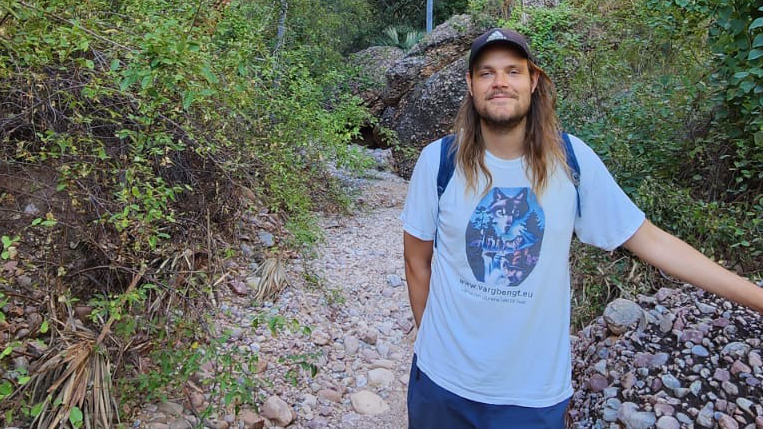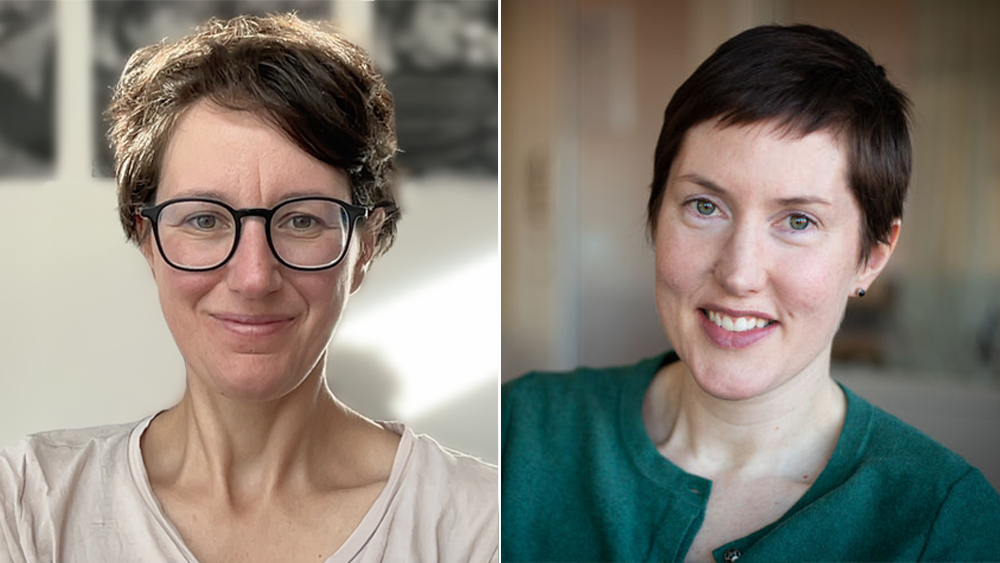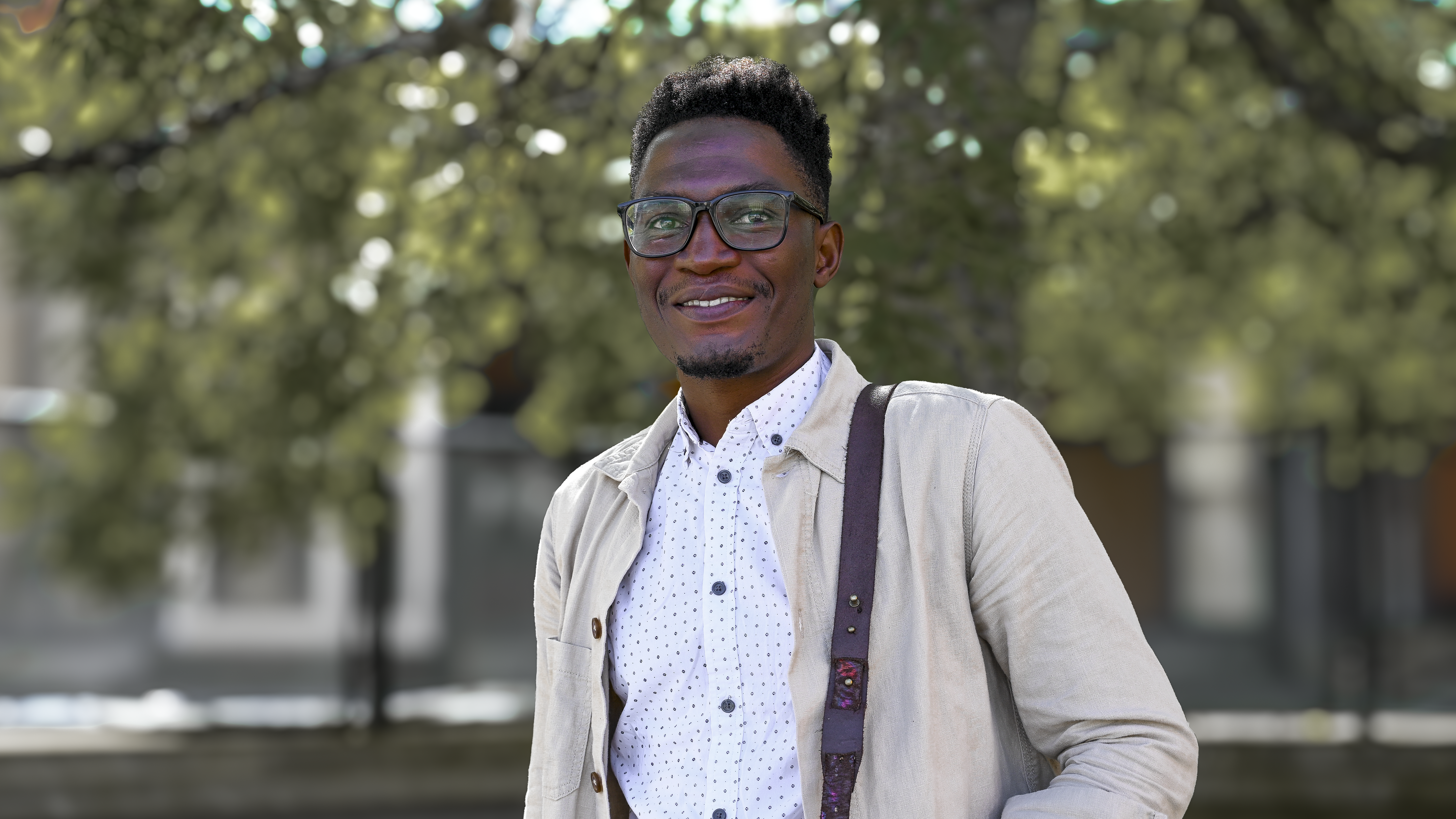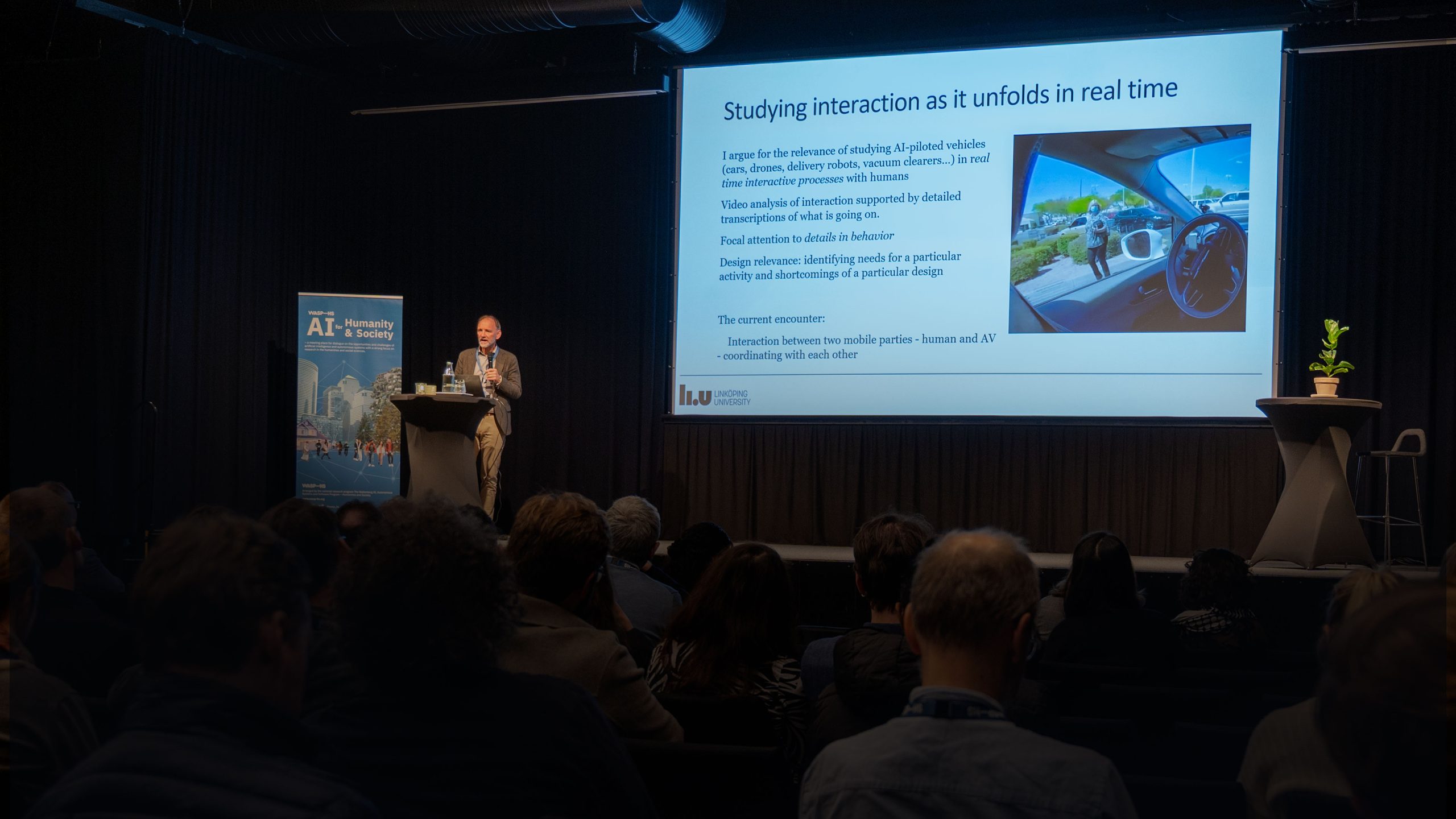I want to tell you about my semester abroad in Australia. But first, a little background. I am Jakob, a 4th-year WASP-HS PhD student in practical philosophy at Lund University, working on a thesis titled “How to build nice robots: ethics from theory to machine implementation”. When I kicked off my research back in 2020, I was quite fed up with certain philosophical debates – about morality, consciousness, etc. – that seemed to go in circles. Due to a newly acquired interest in cognitive science and AI, I was eager to get my hands dirty in the robot lab, conveniently located just 10 meters from my office. My attitude then was that of an engineer: the best way to learn about something is to try to build it. And I was gonna build nice robots. By “nice robots”, I actually mean “moral robots”, ones that can tell right from wrong, good from bad. Of course, people have been wrestled with these concepts since the dawn of time. And philosophers have surely given some interesting answers over the ages. But with the explosion of AI – which, as we all know raises difficult issues in pretty much every aspect of human life – there are reasons to ask these old questions in a new light. I have focused on a specific kind of light: the computational light. I hope this light can not only guide the creation of nice robots, but reveal new insights into the nature of morality itself.
Unfortunately, I haven’t (yet) made it to the robot lab. To build something, you first need some kind of blueprint. As the psychologist Kurt Lewin once said, “there is nothing more practical than a good theory”. So, over time my work became less about building nice robots and more about finding good theories of niceness that can act as blueprints for building nice robots. Ironically, this has led me back to some of the circular philosophical debates – about morality, consciousness, etc. – I thought that I was able to ignore. Yet, in my journey I have also discovered many fascinating theories that have helped me in my quest for a blueprint, such as game theory, virtue ethics, and computational complexity.
One intriguing theory I’ve long pondered for a long time but remained at a critical distance to is active inference. Neuroscientists may know this theory as the free energy principle, which is – very simply put – the idea that living organisms survive by minimizing surprise (or prediction errors). We can do this in two broad ways: (i) by either updating our understanding of the world to match our perceptions, or (ii) altering the world to fit our expectations. This is indeed very exciting, as it poses that perception and action are two sides of the same coin (reducing free energy), and can – at least according to its proponents – be used to explain bacterial behavior as well as the workings of large mammalian brains. Some cognitive scientists and philosophers – like Andy Clark, Anil Seth, and Jakob Hohwy – also think that active inference keys to understanding consciousness.
I had been thinking – if active inference promises to explain so many things, perhaps it can teach me something about morality? But despite its relatively simple posits, the active inference framework is notoriously hard to understand. Although it promised to reduce my uncertainty, it only increased it. And when I was not able to update my mental model of active inference to conform to what I read about it, there was only one option left to reduce surprise: to actively change the world.
So I traveled 14 000 km to Melbourne to learn about active inference from one of its most salient sources: Jakob Hohwy, professor at Monash University and director of the Monash Centre for Consciousness & Contemplative Studies (M3CS). This was, of course, not the only reason for doing the trip. The same university hosts another professor relevant for my work: Robert Sparrow, a prominent figure in AI-ethics that has written extensively on the ethical issues of autonomous systems in warfare, elderly care, and driving. Having friends and family living in Australia that I hadn’t met in a long time was also a strong motivation to go. Of course, there is also the allure of travel itself – the opportunity to try lots of tasty food, get to know new people, learn about their ways, and bear witness to the glorious workings of nature. People at home hate to hear about it, but the cliché is of course true: travelling has a transformative potential to expand our horizons of what life can be beyond the comforts and routines of home. And yes, my trip turned this potentiality to actuality.
It is also pretty handy to share first name with the boss of the place you go: (i) everyone can pronounce your name in the right (Scandinavian) way; (ii) you get a sort of authority by semantic proxy. Jokes aside, prof. Jakob Hohwy and the others at M3CS – professors, post-docs, other master and PhD students, and visiting scholars – helped to make my week-day life an absolute delight.
One cornerstone was the weekly seminars held at the center. These featured presentations from both resident scholars and visiting academics, covering a broad range of topics within and beyond consciousness studies, neuroscience, and contemplative practices. Early on during my visit, I was able to present my own research at the seminar, which helped to introduce both me and my research to the people at M3CS. Of course, the dynamic discussions that followed each presentation – were the presenter often ended up being grilled over lunch (metaphorically speaking) – was probably the best part. Particularly memorable was a seminar on boredom held by James Danckertt (University of Waterloo), spurring a lively debate on the counterintuitive nature of boredom. Did you know that people tend to willingly experience intense pain from electric shocks than be bored?
Three other activities stood out. (i) The first is my participation in an early-career workshop organized by M3CS. It provided a platform for me and the other PhD students to present and receive feedback on our work, and openly discuss the ups and downs of academic life; from stress and motivation to career development and publishing. (ii) A second notable event was a conference on psychedelics in psychiatry which was organized by Monash. It brought together psychedelics researchers in Australia and covered a wide range of topics, from neurobiological mechanisms to philosophical considerations. It gave me a good overview of an emerging field and an opportunity to meet interesting researchers. While I was sort of expecting (or hoping for?) a big circle-jerk of psychonauts preaching for the benefits of psychadelics, it turned out that most of the attendees had a reasonable critical distance to the subject matter, with a scientific seriousness and dedication backed by careful and meticulously repeated-controlled experiments. (iii) A third event that stands out was when I gave a 20 min talk about my work for an audience of ~100 astrophysicists at Swinburne University of Technology (invited by an old friend from my time as a Master’s student in Amsterdam). It challenged me to present my work in a way that was intelligible and digestible for an academic audience with little to no previous background-knowledge of my research interests, indirectly serving to view my own work with a new lens. Ironically, I felt I was able to be clearer and more intelligible than I am when speaking audience of philosophers!
Besides the organized stuff – including meditation sessions held at the center each afternoon (a practice I will continue at home!) – there was also the also the “other stuff”; the non-organized fun that contributed to making my stay at M3CS so enjoyable. The people at the center were welcoming, open-minded, and generous with their time. A place is just a place – but the right people in the right places are endless sources of sophisticated shit-talk over lunch, spontaneous debates in the corridors about obscure topics, and all the kind of stuff that seems weird to write about but we all know is what makes a workplace more than a place for work. And I was tremendously lucky to be in such a place.
Perhaps the most academically juicy aspect of my semester was the opportunity to collaborate with Professor Jakob Hohwy. We met on a weekly basis and discussed the wider implications of active inference for understanding morality across a broad interdisciplinary landscape – including evolutionary biology, moral psychology, and ethical theory. Jakob was not only instrumental in reducing my own prediction errors about active inference, but his mentorship taught me invaluable lessons on how to live a good life as a researcher. Our collaboration is still very much alive, and the next step is to distill the discussions and ideas into the familiar format: a paper.
All in all, I am deeply grateful to M3CS at Monash University, and all the scholars I had the pleasure of meeting and working with. The semester abroad has undoubtedly shaped my academic trajectory in positive ways and inspired new directions in my research. I am, of course, also thankful for the other things Australia offered me in terms of nature, food, culture, and lovely people – but the details of those things will be shared at some other time.Despite what you hear about snakes, crocodiles, spiders, and sharks, Australia (and Melbourne in particular) is a fantastic place to live and learn.






